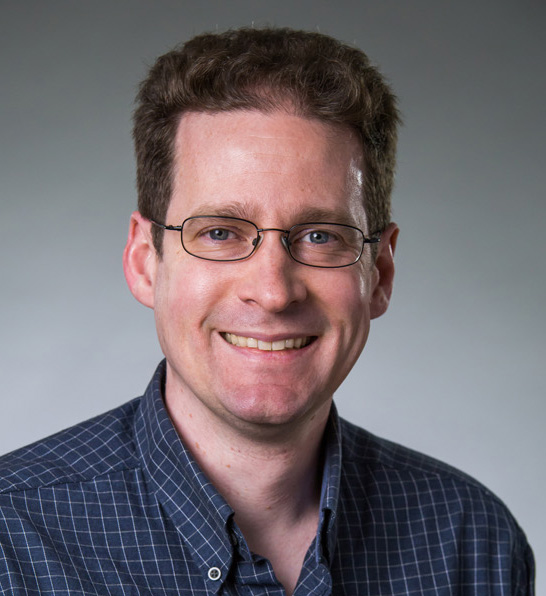Date: Wednesday, April 3, 2024
Time: 9:30-10:30AM
Location: Health Science Technology Building (HST), Forum Room 101
This event features Mark P. Brynildsen, who will talk about "Fluoroquinolone Persisters Get Knocked Down and Then Get Up Again", as part of the Lehigh University Chemical and Biomolecular Engineering's Spring 2024 Colloquium Seminar Series.
Abstract
Bacterial persisters are phenotypic variants with extraordinary tolerances toward antibiotics that are thought to contribute to relapsing infections. Persister survival has largely been attributed to inhibition of essential cell processes, which prevents antibiotics from corrupting their primary targets, followed by reversion to normal physiology upon removal of the antibiotic. In recent years, exceptions to this one-size-fits-all model of persistence have been identified, with fluoroquinolone persisters constituting one of them. Ciprofloxacin, levofloxacin, and moxifloxacin are fluoroquinolones that go by the brand names Cipro, Levaquin, and Vigamox, which are common treatments for numerous bacterial infections and appear on the World Health Organization’s list of essential medicines. Understanding of fluoroquinolone persister survival promises to reduce relapse infections from this antibiotic class, and that knowledge gap has begun to be filled from examining the physiology of those survivors during and after treatment. Those investigations have led to the discovery of fluoroquinolone persister sub-types, detection of accelerated resistance development from fluoroquinolone persisters compared to normal cells, and identification of targets for pharmacological intervention. In this talk, I will discuss my group’s work studying fluoroquinolone persister physiology and how it has led to mechanistic understanding of how those bacteria survive in the face of certain death.
About the Speaker
Dr. Mark P. Brynildsen received his B.S. in Chemical Engineering from Rutgers University, New Brunswick in 2002 and earned his Ph.D. in Chemical Engineering from the University of California, Los Angeles (UCLA) in 2008, where he worked with Dr. James C. Liao. After working for 2 years as a Howard Hughes Medical Institute (HHMI) post-doctoral associate with James J. Collins within the Department of Biomedical Engineering at Boston University, Mark joined the faculty of the Department of Chemical and Biological Engineering at Princeton University in 2010. Currently, he holds the position of Professor of Chemical and Biological Engineering at Princeton. The overarching goal of his research group is to improve the performance of current antibiotics and identify targets for novel anti-infectives. To accomplish this, the Brynildsen group uses computational and experimental techniques to develop novel, fundamental understanding of the molecular mechanisms and networks pathogens use to thwart immune antimicrobials and antibiotics. Mark’s research has been published in journals such as Nature, Nature Biotechnology, Nature Communications, PNAS, Molecular Cell, and Current Biology, and he has been the recipient of a Graduate Mentoring Award, Howard B. Wentz, Jr. Junior Faculty Award, NSF CAREER Award, and he currently serves as Chair of the Food, Pharmaceutical and Bioengineering Division of AIChE.
Department/Program:

